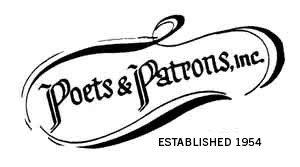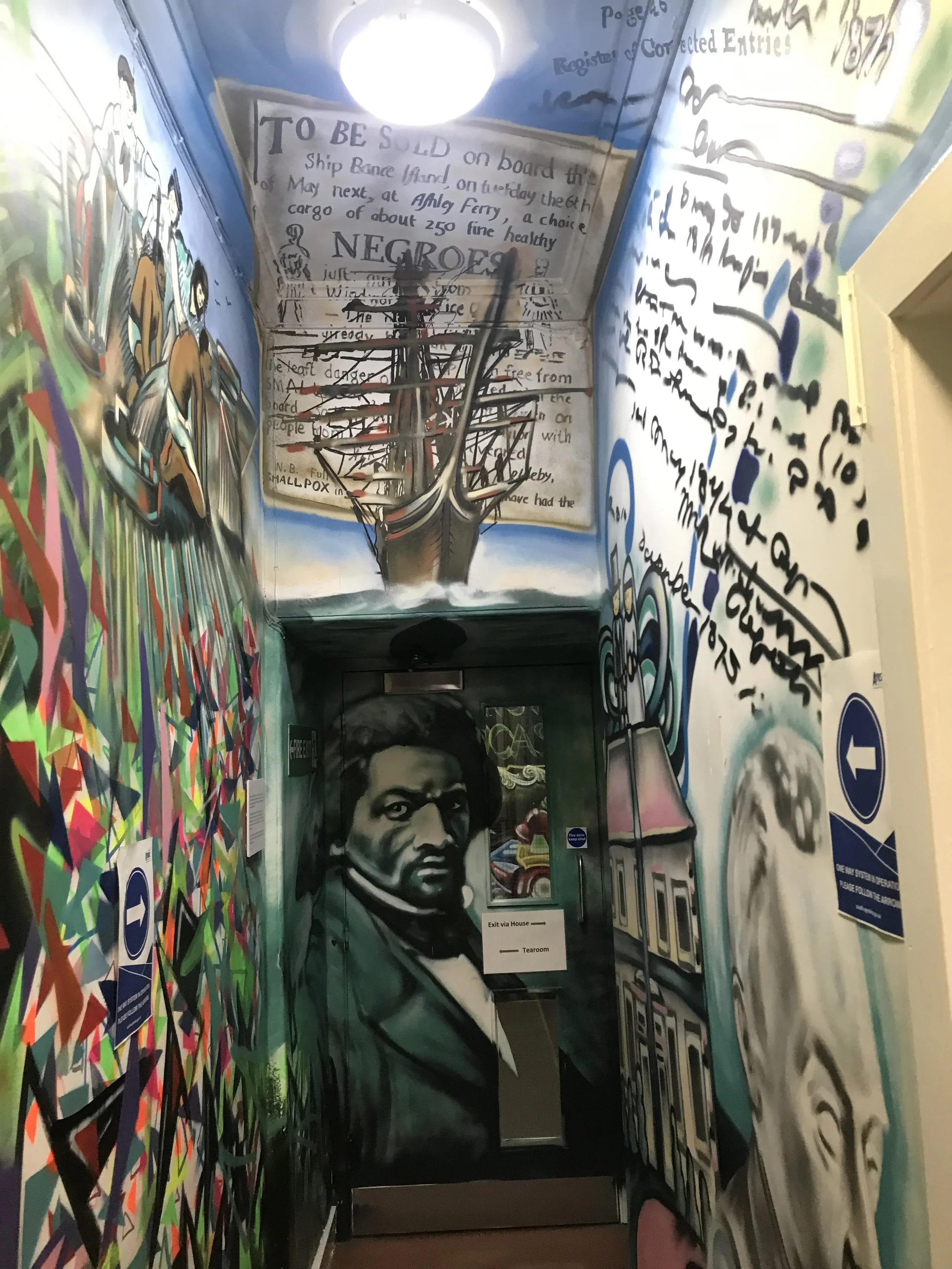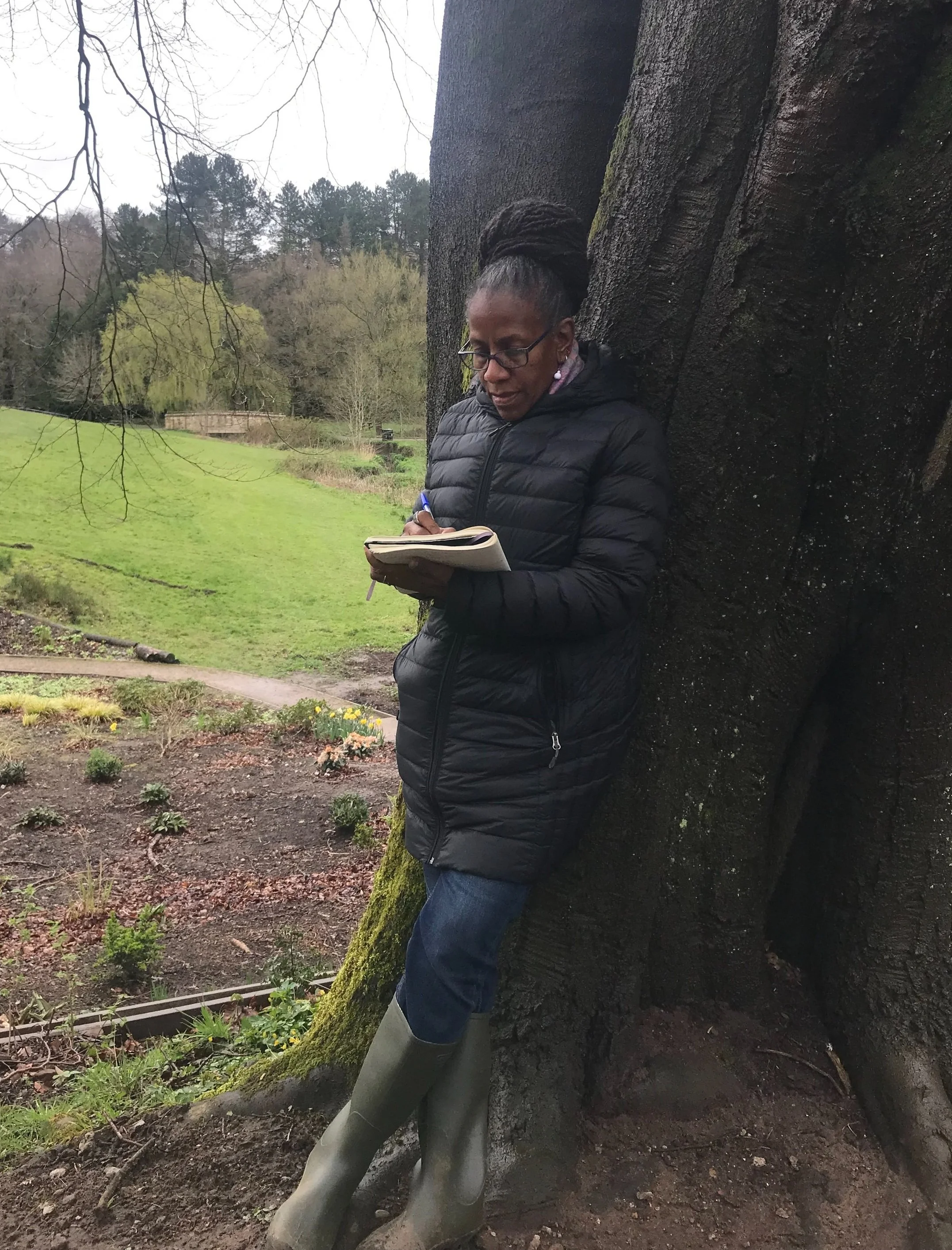Award winning photograph, by E.J. Wade, entitled Transparency
Interviewed January 2024, revised September 2024
E. J. Wade’s poems have been published in the Anthology of Appalachian Writers, Women Speak, the New Ohio Review, Salvation South, and Callaloo Journal. Literary Editor for the Anthology of Appalachian Writers, she is also a three-time Pushcart Award nominee. Wade holds a Doctor of Education in Disability and Equity in Education from National Louis University focusing on the silencing, exclusion, and invisibility of African American Women with disabilities, an MA in Appalachian Studies from Shepherd University and an MA in Creative Media Practices from the University of The West of Scotland.
The Gift
by E.J. Wade
My toes crisscross over each other
stuffed into shoes too small, too short, too tight
crammed into patent leather Mary Janes gifted from
the woman in whose kitchen my mother works,
whose windows, walls, and wooden floors she washes.
Tossed with thriftless abandon into the trash,
they are retrieved and reassigned to a new owner
smooth as corn-silk, they rebel against my ownership.
Closing my eyes, I pretend that this brown-skinned girl
with plaits braided tight against her head
could click the heels of her shoes three times
and be transported to a place where the voices
of my ancestors call from my dreams,
where the sunset shines vermillion and gold
and the taste of cayenne and honey mix
with the smell of magnolia and creek water
leads me back home.
Squatting down, my knees scrape the cold cracks
of concrete as I scoot across the sidewalk
scuffing the toes of my brand-new shoes
sketching the image of a squirrel’s nest
tethered to the ledge of the brick building
across the street. The chalk disintegrates in my hands
mixing with the blood from my palm.
Tender pieces of flesh join in communion
as toes crisscross over each other, stuffed
into shoes too small, too short, too tight.
When did you first start writing poetry?
I can’t remember a time when I wasn’t writing poetry. My earliest memory of writing poetry was in elementary school. I think I was in the eighth grade. I remember my teacher loved poetry, and it was such an intricate part of who she was as a person. We spent the year reading and learning to write sonnets, free verse, blank verse, limericks, haiku, and her favorite: the epic poem. It was my introduction to the Iliad.
My teacher was amazing: she could recite portions of the Iliad from memory. As a final project before eighth grade graduation, we each had to memorize and present a segment of the epic poem for our families and teachers. I still remember my part all these years later: “He settled near the ships and let loose an arrow. / Reverberations from his silver bow hang in the air. / He picked off the pack animals first, and then the lean hounds. / But then aimed his needle-tipped arrows at the men /And shot until the death-fires crowded the beach.”
She loved incorporating poetry in some shape or form into every assignment we did. I remember our class being chosen to read a poem each morning over the school intercom to begin our day. It was the first time I read my poetry publicly. I can’t remember the poem, but I do remember feeling different afterwards. Writing poetry would become my connection to the world.
What triggered your interest in creating poems?
I don’t know if I can put my finger on what first “triggered” my interest in creating poetry. I do remember not being able to get Langston Hughes’ poems “ Dreams” and “Dream Deferred” out of my head. They were among the early collection of poems I committed to memory. Later during high school I read and fell in love with Elizabeth Barrett Browning’s “The Cry of the Children,” along with Gwendolyn Brook’s “ The Mother” and Dr. Maya Angelou’s “And Still I Rise.” I thought if only I could create something that spoke to the world like these poems spoke to me, it would be enough; however, it hasn’t. So, I continue to write. Now, reading the works of other poets; conversations with my students, friends, and family; magazine articles; personal narratives; the lived experiences of my kinfolk; and the history of African Americans in this country we call home, trigger my writing.
Who are your favorite poets?
How much time do you have? My list is long and includes a wide range of writers. I think my top ten favorites, not necessarily in any particular order, are: Nikki Giovanni, Dr. Maya Angelou, Langston Hughes, Frank X Walker, Crystal Wilkinson, bell hooks, Gwendolyn Brooks, Robert Frost, Elizabeth Acevedo, Kari Gunther-Seymour. The poems of these poets provide comfort, encouragement, and a sense of purpose. I never tire of reading their work. Nikki Giovanni, bell hooks, Crystal Wilkinson, Dr. Maya Angelou, and Robert Frost have a permanent place on my nightstand as well as a small table alongside my desk in my office. Even though these are the poets that I read repeatedly, I have a long list of others who I go back to when I need a sense of reference, renewal, or reconfirmation of why writing poetry is important.
What inspires you? Other poets, painting? Music?
Like scholar, activist, poet, and storyteller, bell hooks, I consider words essential in linking “heartfelt issues of connection and community.” I believe words are the essence of who I am, and my link to all things past and present. Rooted in language that binds me to my ancestors and nurtures my sense of belonging, poetry is fodder for my soul. As the oldest family Matriarch and keeper of stories, I embrace the charge of preserving and making visible the voices of my kinfolk. I am inspired by silencing, exclusion, social justice, and the marginalization of women. I am also inspired by the lives and works of artists such as Frida Kahlo, Zora Neale Hurston, Toni Morrison, and James Baldwin; the music of Bill Evans, Billy Holiday, Ella Fitzgerald, Sarah Vaughn, and Robert Johnson; and the writings of Dr. Martin Luther King Jr. and bell hooks. As a storyteller and poet, I live and breathe words. I find no greater consolation than putting my thoughts on paper, sharing, and paying homage to family and kin. The images below were taken while studying abroad in Scotland and England and were the inspiration for many of my writings.
Where have you published?
A three-time pushcart nominee, my work has appeared in the Anthology of Appalachian Writers, Women Speak Anthology Volume Eight, the New Ohio Review, Salvation South, and the soon to be released novel No Perfect Mothers by Karen Spears-Zacharias.
Are you in a feedback group that meets regularly? If so, how often?
I don’t have a group that I meet with regularly to share my work with or from which to get feedback. I do the majority of my writing alone, just me and my journal. A solitary act, writing does not come easy for me. Poetry is my salvation. As a writer I strive to be honest, open, and respectful with the words I offer as tribute.
However, I did recently complete a writing workshop facilitated by Ohio Poet Laurate Kari Gunther-Seymour called “Planting Seed,” and Goodman Theater’s GenNarration Project. I take regular classes with Goodman’s GenNarration where I hone writing stories and poetry. It is the closest I have come to having a supportive writing group interaction where I am able to share my work, receive and provide feedback with other poets and writers.
We know every poem is different but–on average–how many revisions does one of your published poems require?
That’s really hard to say. It all depends. I wrote a poem in fifteen minutes, never made any revisions to it, and it was published. Then, there was another poem that I started two months before submitting it for publication and I was still making revisions – before it was submitted and published. But if I was pushed to answer, I would say that most of my poems require a minimum of three to four revisions. There are those poems that are constantly under revision, so they may never see the light of publication until they tell me that it’s time.
Do you gear some of your work toward performance poetry rather than the written form? Why or why not?
Believe it or not, I don’t think about it. I write because I have to. I mean, of course, if I am writing to submit for publication, it’s in written form. I have written a trilogy poem and later was asked to have it performed as a performance piece. But that was not my original intention when I wrote it. Although I write “poems,” it has taken a long time for me to embrace the word “Poet” when thinking of myself. However, I am slowly coming to terms when being spoken of as a poet. I still struggle with having to read my poetry aloud. Each time I read my poetry, it gets a little bit easier, but it is still very hard.
How long might you struggle with a poem that doesn’t seem to want to come together?
I don’t know if I would use the word struggle. I think some poems have their own timetable and I try not to rush that. Like people, they have their agendas. They need time to steep and flourish, time to figure themselves out. They come together and speak to me when they’re ready. The time it takes can be as little as fifteen minutes or as long as six months. There are still some twenty poems that have not shown their desire to be completed and shared. My journal is filled with fragments of poems, individual words, multiple collections of couplets, and phrases that lay waiting to take their place in a poem not yet written. Some of them have been waiting for years. I am very patient when it comes to allowing my poems to speak. Like living breathing people, they can’t be rushed.
Is there a special person in your life you’re inclined to share your work with? Explain.
I don’t have an editor, but I do have three people I can trust to tell me the truth. So, whenever I write a poem, I share it with them. What’s great is that they are all supportive and know that I truly appreciate their feedback and any suggestions they might offer. It isn’t always what I want to hear but I know they want the best for me, and they all come with their expertise when it comes to writing. As a playwright, author, and old-school literature teacher, they challenge me to trust my sense of self and knowing. So, between the three musketeers and myself, I am finally speaking the word “poet” out loud.





